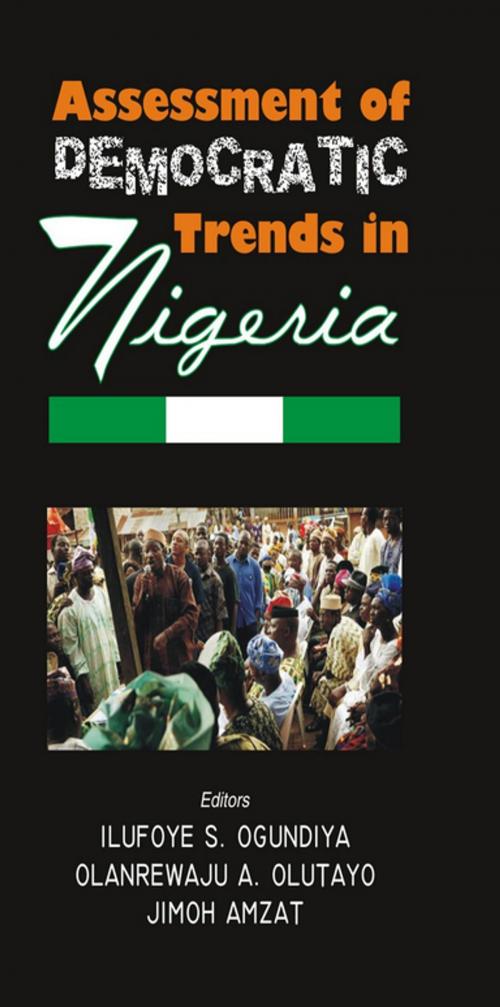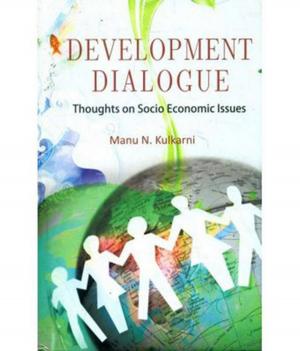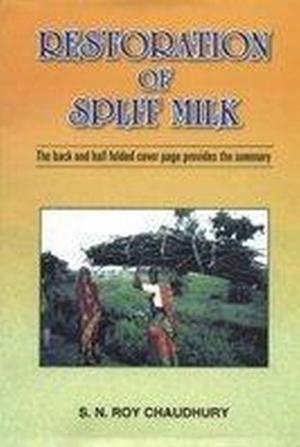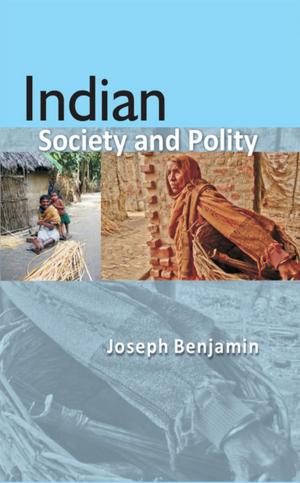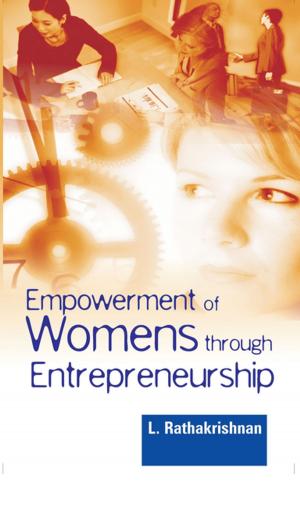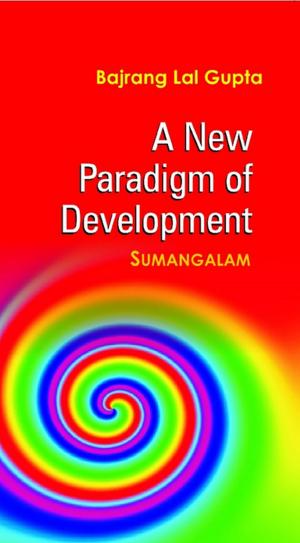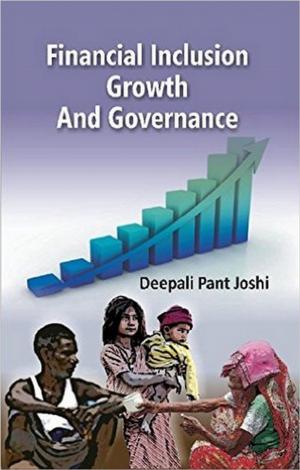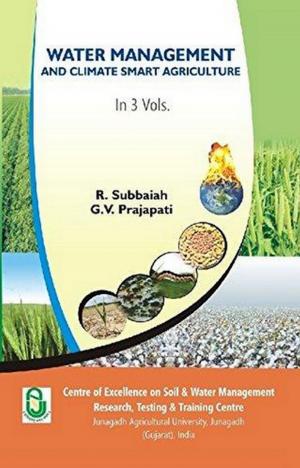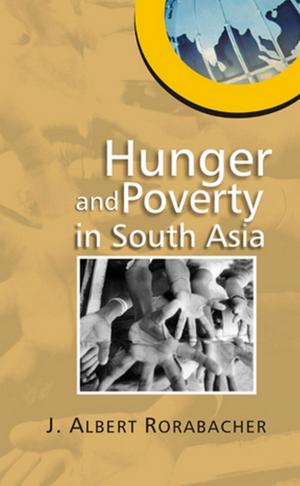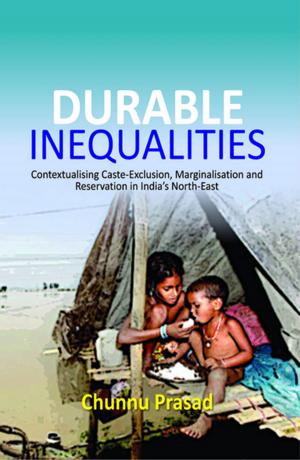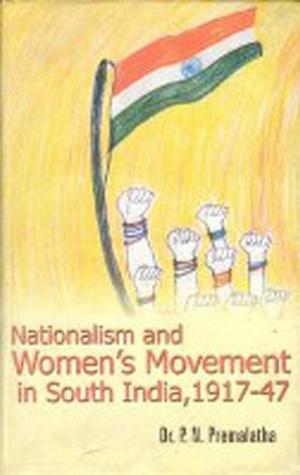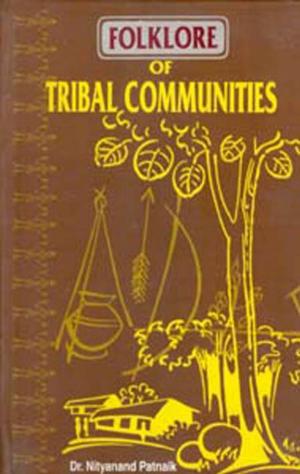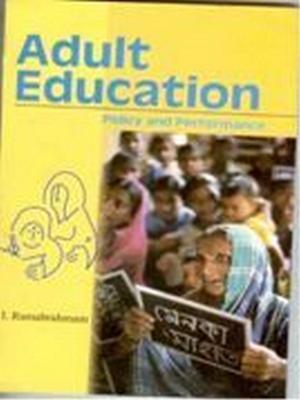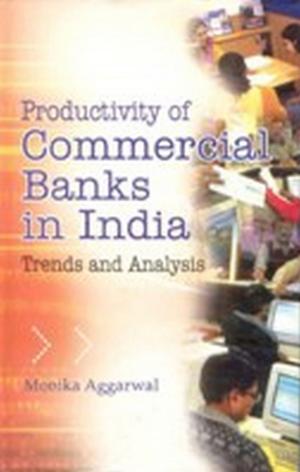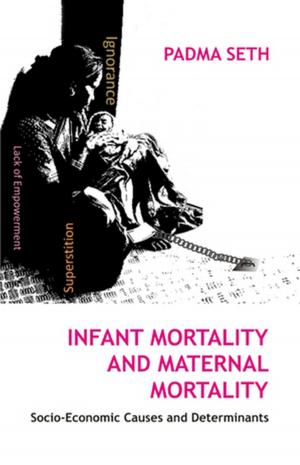Assessment of Democratic Trends In Nigera
Nonfiction, Social & Cultural Studies, Political Science, Government, Democracy| Author: | Ilufoye S. Ogundiya, Olanrewaju A. Olutayo, Jimoh Amzat | ISBN: | 9788121250146 |
| Publisher: | Gyan Publishing House | Publication: | June 30, 2011 |
| Imprint: | Gyan Publishing House | Language: | English |
| Author: | Ilufoye S. Ogundiya, Olanrewaju A. Olutayo, Jimoh Amzat |
| ISBN: | 9788121250146 |
| Publisher: | Gyan Publishing House |
| Publication: | June 30, 2011 |
| Imprint: | Gyan Publishing House |
| Language: | English |
The emergence of 'democratic' rule in Nigeria since 1999 brought a lot of aspirations/hope for the fragile state. There are still controversies on whether Nigeria is truly operating democray or civil rule. The contention has been brought to the fore because of the questions of legitimacy, accountability, rule of law and self-centered practices of Nigerian leaders which are inimical to democratic principles. Therefore, there are more questions than answers, but more hope than never before as Nigerians now prefer civil rule to military rule. Following the aspirations, contentions and controversies, there have been numerous responses (to the crisis of underdevelopment) from the Nigerian 'democratic' government. This is a period in the history of Nigeria that the polity is fraught with policy debate, reforms and instituted programmes to address the plight of the Nigerian population. Unfortunately, the country is still fraught with ethno-political agitations/tension, infrastructural decay, health problems, poverty, corruption and so on. In the light of the crisis of development, the government is now driving towards the MDGs and vision 2020. The question is: would these goals are achieved based on the prevailing structures of the state? With the view of looking back to date (especially from 1999 to date) several questions are raised. Has Nigeria really democratized? How has civil rule fared in the last ten years and does democray have a future in Nigeria? What are the major impediments to development? What are the alternative lines of action for the government in order to enhance democratic dividends? These questions are the preoccupation of the various contributors. The book will be of interest to non-governmental organizations, civil societies, academics, students, public analysts and all those interested in democractic process and development in Nigeria.
The emergence of 'democratic' rule in Nigeria since 1999 brought a lot of aspirations/hope for the fragile state. There are still controversies on whether Nigeria is truly operating democray or civil rule. The contention has been brought to the fore because of the questions of legitimacy, accountability, rule of law and self-centered practices of Nigerian leaders which are inimical to democratic principles. Therefore, there are more questions than answers, but more hope than never before as Nigerians now prefer civil rule to military rule. Following the aspirations, contentions and controversies, there have been numerous responses (to the crisis of underdevelopment) from the Nigerian 'democratic' government. This is a period in the history of Nigeria that the polity is fraught with policy debate, reforms and instituted programmes to address the plight of the Nigerian population. Unfortunately, the country is still fraught with ethno-political agitations/tension, infrastructural decay, health problems, poverty, corruption and so on. In the light of the crisis of development, the government is now driving towards the MDGs and vision 2020. The question is: would these goals are achieved based on the prevailing structures of the state? With the view of looking back to date (especially from 1999 to date) several questions are raised. Has Nigeria really democratized? How has civil rule fared in the last ten years and does democray have a future in Nigeria? What are the major impediments to development? What are the alternative lines of action for the government in order to enhance democratic dividends? These questions are the preoccupation of the various contributors. The book will be of interest to non-governmental organizations, civil societies, academics, students, public analysts and all those interested in democractic process and development in Nigeria.
